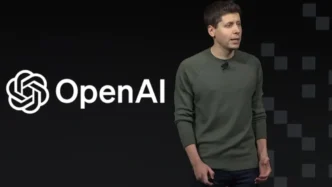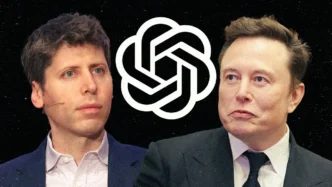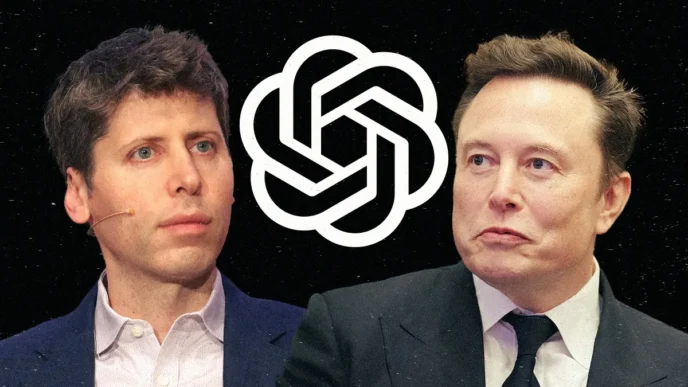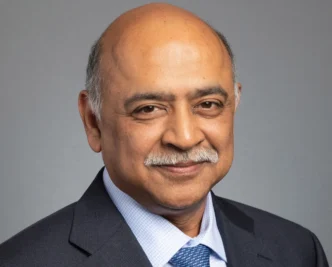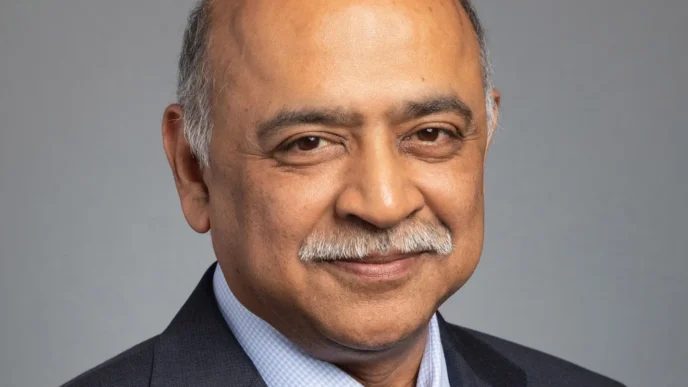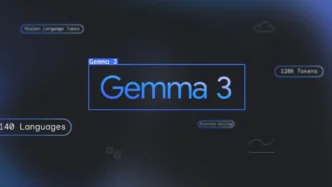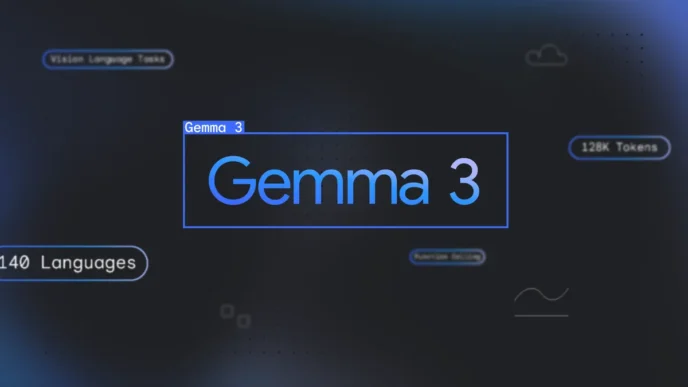Harvey, the fast-growing legal AI startup, has announced a major shift in strategy. The $3B company will now integrate foundation models from both Anthropic and Google, adding to — but not replacing — its long-standing reliance on OpenAI’s technology.
This marks a significant moment in the competitive landscape of AI infrastructure. Harvey isn’t just any startup. It was one of the first four companies backed by the OpenAI Startup Fund, alongside Descript, Mem, and Speak. Since then, Harvey has grown rapidly, raising a $300M Series D earlier this year with backing from Sequoia, Coatue, Kleiner Perkins — and OpenAI’s fund itself.
But despite OpenAI’s deep involvement, Harvey is opening its doors to rivals. According to a blog post published Tuesday, the legal AI company is now tapping into high-performing models from other vendors, notably Anthropic via AWS and Google’s Gemini 2.5 Pro.
So, why the sudden diversification?
Harvey says its internal benchmark — called BigLaw — revealed that no single model dominates every legal task. Some excel at drafting legal documents, while others are better suited for pre-trial work. For instance, Harvey found that Gemini 2.5 Pro delivers strong results in contract and legal drafting, but it struggles with complex courtroom reasoning tasks, like analyzing hearsay rules. Meanwhile, OpenAI’s o3 model remains strong in those areas, with Claude 3.7 Sonnet from Anthropic close behind.
Instead of building its own models from scratch, Harvey decided to lean on the best from each vendor and fine-tune them for the legal world.
This move also supports Harvey’s push into AI legal agents, tools designed to assist with complex legal workflows using multiple AI models. According to Harvey, seven different models — including three not from OpenAI — now outperform the original Harvey system on its BigLaw benchmark. That kind of flexibility and performance, they say, demands a multi-model approach.
Harvey isn’t just diversifying its backend — it’s also increasing transparency. The company plans to launch a public leaderboard that showcases model performance on legal tasks. But unlike other benchmark charts, Harvey’s board won’t reduce results to a single score. Instead, it will offer detailed insights, with expert commentary from legal professionals to help contextualize model behavior and limitations.
This bold strategy adds subtle pressure on all its AI partners, including OpenAI, to keep up with the evolving demands of legal professionals. But the Harvey team is quick to reassure investors and users that OpenAI remains a critical partner. CEO Winston Weinberg emphasized that OpenAI is still a “key collaborator” and an “incredible supporter” of the company’s mission.
In a fast-evolving AI world, Harvey’s move signals a shift: legal tech startups are no longer sticking to one model or cloud provider. They’re building multi-model strategies tailored to performance, speed, and legal accuracy. And that shift just made the battle between AI giants even more interesting.


